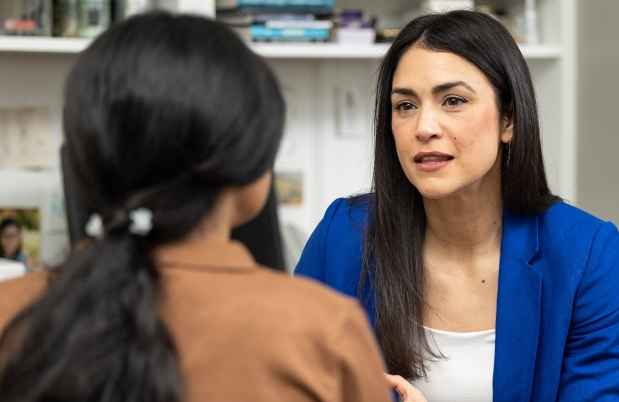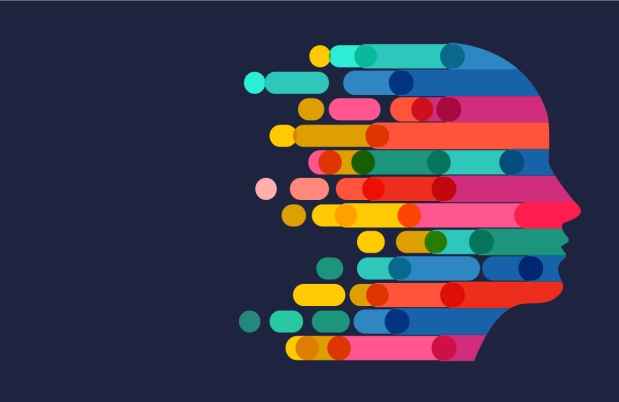Lecture – Healing in a Social Context: The Importance of Clinician/Patient Relationship
Available with English captions.
Presented by Bruce E. Wampold, PhD, University of Wisconsin, Madison – The Alfred Stanton Lecture
During this talk, Wampold defines the three components of healing. “Natural effects,” such as the immune system and other bodily mechanisms for protection, are healing approaches that are unmediated by technology.
“Specific effects” are created by an intervention that remediates a condition. With these effects, which include surgery and medication, the patient is considered a passive recipient. Healing based on specific effects is central to Western medicine.
The third group of effects related to healing, Wampold says, are “contextual.” These effects define the relationship between the healer and the patient.
Watch now to learn more about:
- The three components of healing
- Research about the importance of relationship in healing
- Mechanisms of change through which the relationship promotes healing
According to Wampold, “relationships are an important component of all healing, whether it’s psychotherapy or specific procedures in medicine.”
For his presentation, Wampold focuses on contextual effects. Psychosocial factors, such as rituals and symbols, he states, have been shown to allow patients to make meaning of the healing experiences and better understand what is happening during treatment.
The qualities of the healer are also important, Wampold asserts. Healers must demonstrate “warmth,” or the sense that they understand and support the patient. They must also show their competence and expertise to gain the patient’s trust.
To illustrate the impact of contextual effects, Wampold reviews several studies showing the ways in which strong healer-patient relationships contribute to improved outcomes.
For example, he discusses studies suggesting that relationships can promote healing by increasing a patient’s adherence to a treatment plan. Other studies, he reports, indicate that relationships can help combat loneliness—a common problem facing individuals with physical and mental health issues.
Also, Wampold details work showing that healer-patient interactions can improve a patient’s expectations for various healing practices. He also cites research showing that close relationships based on mutual trust can enhance emotional coregulation.
Given the proven impact of relationships on mental health outcomes, Wampold says that relationships deserve more attention in both clinical practice and research.
“We do need more research on this,” he states. “It’s an important part of healing, and we need to understand it better—and understand how to better train clinicians in utilizing the relationship.”



